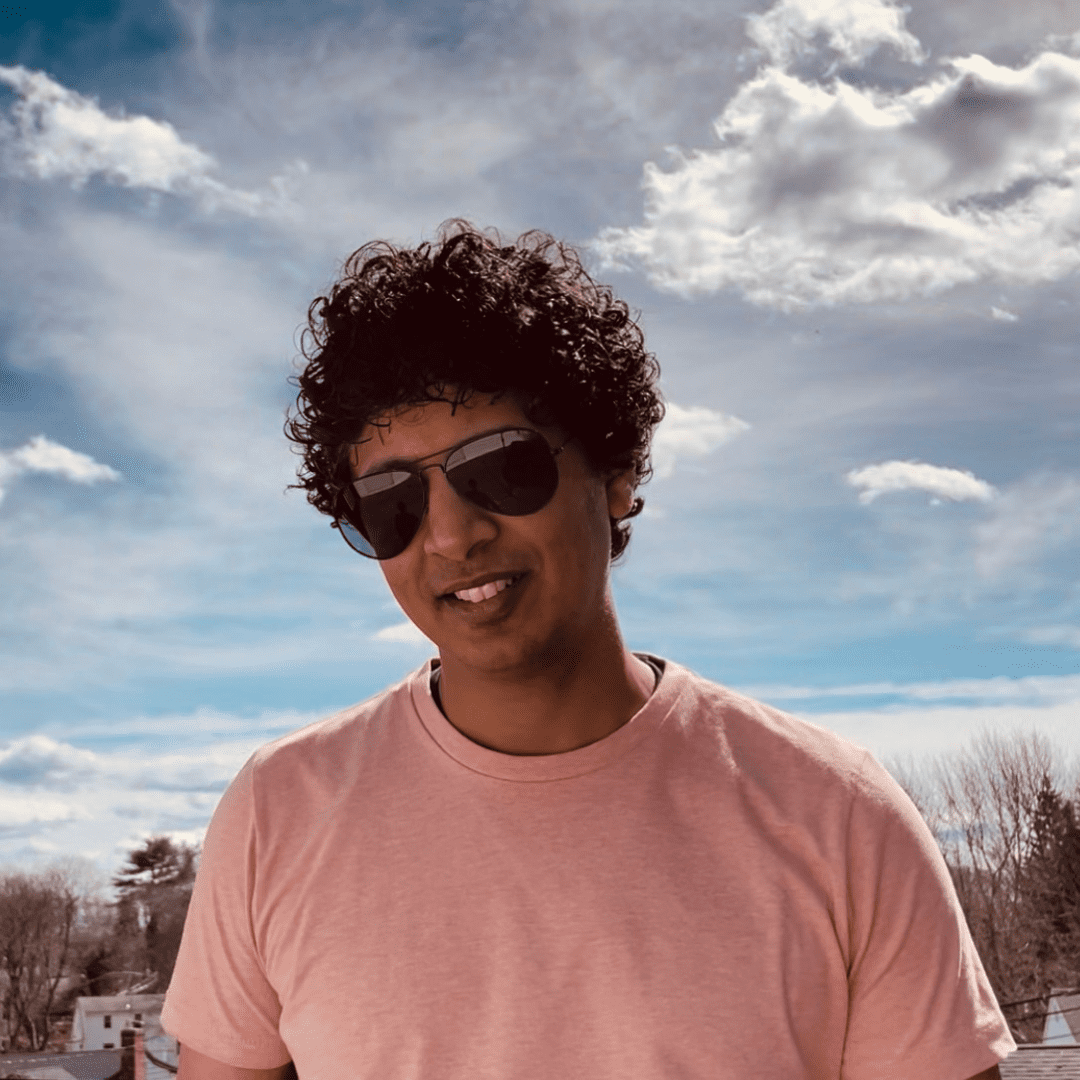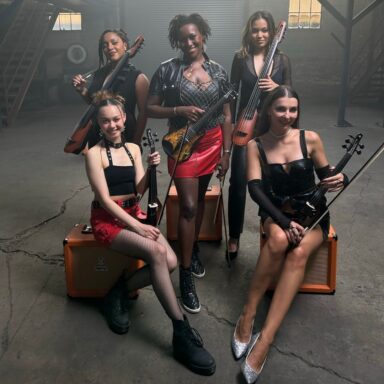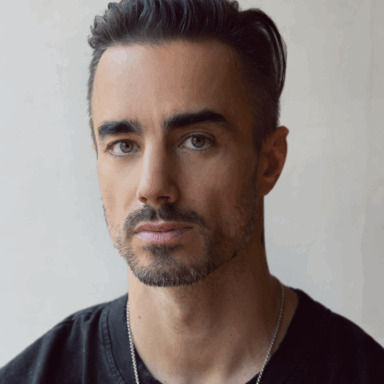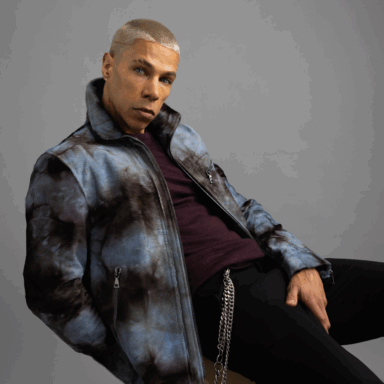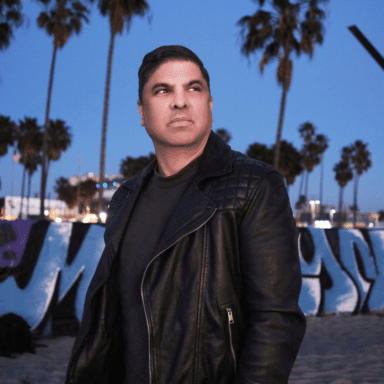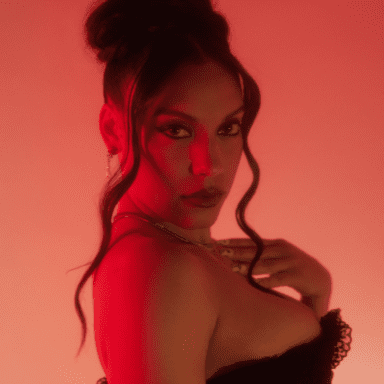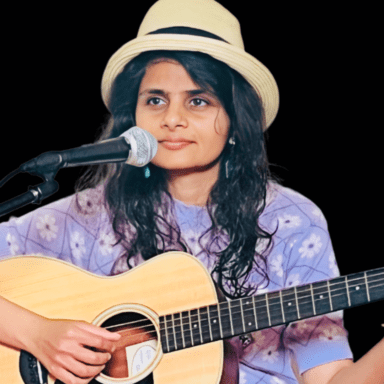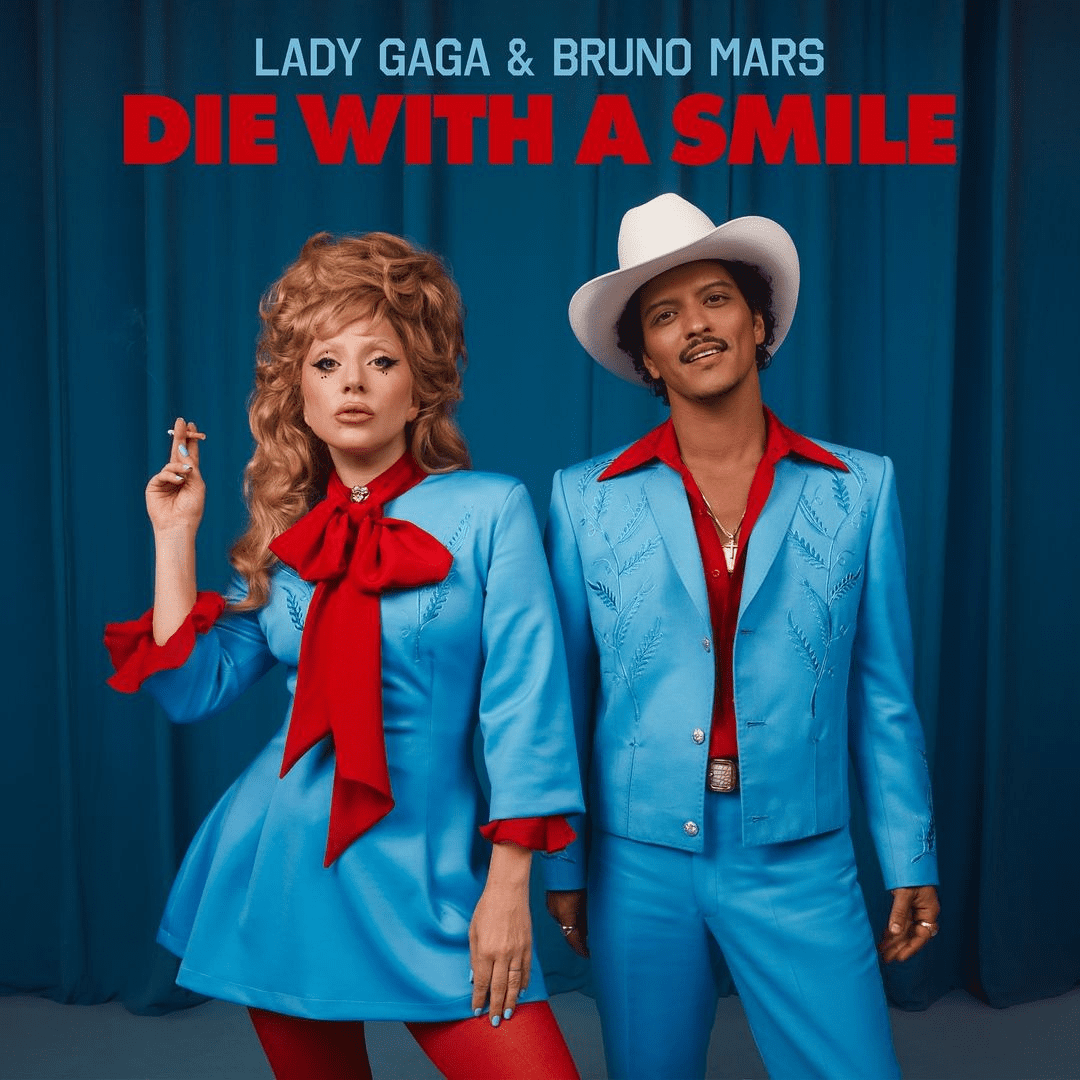Boston-based a cappella artist hachajah has just unveiled his debut EP, No Place Like, which officially dropped on August 9, 2024. This innovative collection of three tracks showcases hachajah’s unique fusion of traditional Sri Lankan influences with contemporary pop, setting a new standard in the a cappella genre. The EP opens with “Closer,” a track that electrifies with its exploration of youthful desire, followed by “Colombo Sky,” a nostalgic homage to his homeland that contrasts the city’s vibrant moments with its complex past. The final track, “Mother,” is a heartfelt tribute to maternal love and sacrifice, highlighting hachajah’s profound emotional depth.
In this interview about the EP, hachajah reflects on the creative process behind No Place Like, discussing how his personal experiences and cultural heritage have shaped the project. The EP stands out for its original compositions and innovative vocal techniques, breaking away from the cover-dominated a cappella scene. With the release of the EP and the accompanying music video for “Colombo Sky,” hachajah invites listeners to engage with his fresh and evocative sound, marking an exciting new chapter in his musical career.
Read the full interview below:
How does it feel now that your debut EP is officially out in the world?
It feels amazing! It’s a journey just begun, but at the same time, it also feels like a journey completed given the work that has gone into getting here. I’m really happy with what has been accomplished.
Looking back at the release process, is there anything you wish you had done differently or any lessons you’ve learned?
I’ve learnt a lot of lessons along the way. One major lesson I learnt in the run up to the release was to trust in my own creativity. There were a few times that the process got slowed down because I was overthinking things. Sometimes you just need to trust in your creative process and not get caught up in the weeds.
Which track from No Place Like has resonated the most with listeners so far? Can you share any memorable moments or reactions you’ve received about this track?
At this point, it’s still difficult to pick one track as listeners are resonating with all of them. I can share two comments that I really appreciated. An old buddy of mine who shared a lot of stage time with me in the past, reached out to say that the album truly reflected me as a person and a performer. This was great to hear given that I was going for authenticity. A fellow Sri Lankan commented that “Colombo Sky” took her on a journey [through her own native experiences back in Colombo]. I loved that the song could do that.
The music video for “Colombo Sky” was released alongside the EP. How has the visual component enhanced or complemented the song’s narrative?
It contributed a great deal to portraying the narrative. When conceptualising the video for “Colombo Sky” we wanted to represent the true, unedited nature of the city of Colombo. In a sense, we wanted to capture what an observer who was walking along the streets of Colombo would experience. So we resorted to using iphone footage of Colombo, which I myself recorded, while visiting there. This was a hit with the audiences who recognized the “realness” of Colombo life we were trying to capture.
Were there any particular mentors or influences who played a crucial role in your development as an artist?
Growing up, I had three voice teachers who played a significant role in my development as an artist; Lynn Senanayake, Ruwani Seimon and Russel Bartholemeusz. I am deeply grateful for their influence in terms of shaping me as an artist.
What aspects of your Sri Lankan heritage do you find most important to incorporate into your music, and why?
Sri Lanka is famous for its many different types of drums and associated drum beats. These drum beats are unique and I find it exciting to fuse them with pop music. I’ve explored this in “Colombo Sky” and look forward to doing more.
What specific experiences or inspirations did you draw from when crafting the narrative and musical elements for “Closer”
“Closer” captures the essence of youthful attraction where every glance and touch feels electric and is set against the backdrop of typical Sri Lankan dating. It draws from relationships that I have observed, and some I have experienced, in my youth.
Can you describe the key musical transitions in “Colombo Sky” that you’re most proud of? How do these transitions enhance the song’s emotional impact?
I like all the transitions in “Colombo Sky” and each one has its own impact. If I were to pick one to speak of, I’d pick the one from 1:04-1:12 where the song moves from predominantly south asian accompaniment to the introduction of a deep bass that amps up the popish flavour. I think this lead up and change enables listeners to really embrace the fusion aspect of this song and enhances emotional impact.
How do you hope listeners will connect with “Mother” on a personal level, and what message do you want them to take away from it?
This track is a tribute to my mother and it paints a picture of my gratitude for the sacrifices she made for me. Although it’s personal, maternal love is universal and I think many listeners can and will relate to this song through their experiences with their own mothers. The message is very simple; a mother’s love is something to be eternally grateful for.
Outside of music, what are some of your other passions or hobbies that influence or complement your musical creativity?
Outside of music I enjoy story-telling and creative-writing. This has influenced the way I shape my narratives. I like writing stories that leave a lot of room for interpretation by the reader and my songs tend to be similar.
hachajah, what does success mean to you as an artist?
Success to me is that my music reaches and touches as many people as possible.
In your own words, how would you describe the music that you typically create?
I typically create original a cappella music inspired by my experiences growing up in Sri Lanka during a civil war and my vision for a hopeful post-war future. I like to present narratives that are rooted in my Sri Lankan experiences, but in a way that is universally engaging.
What’s one thing you wish people knew about you that they might not glean from your music or public persona?
Nothing. I hope that my music will be able to provide everything that people want to know about me.
